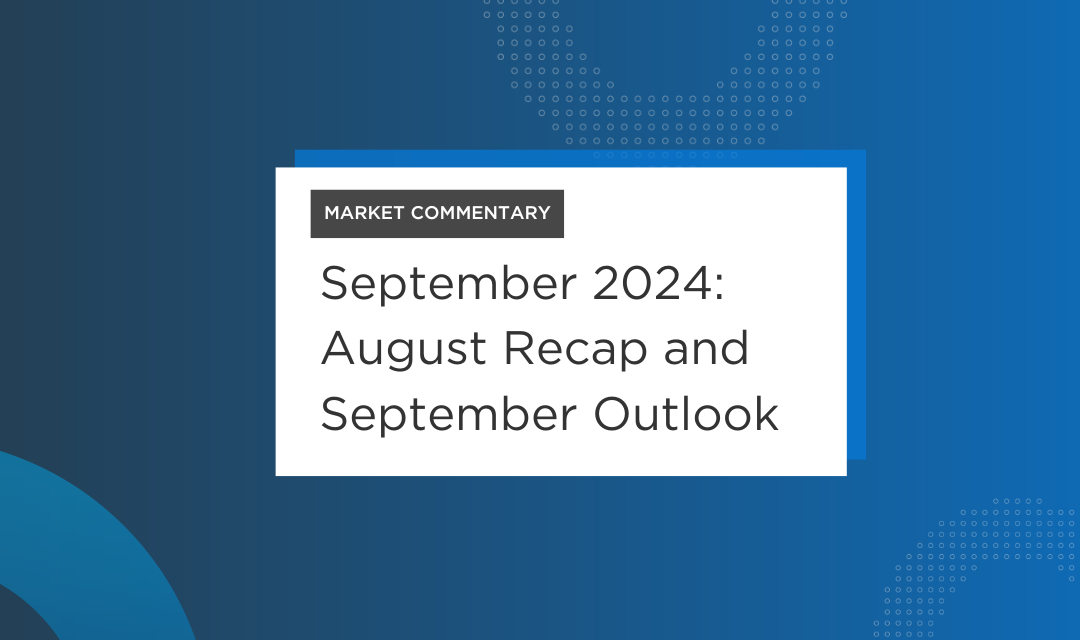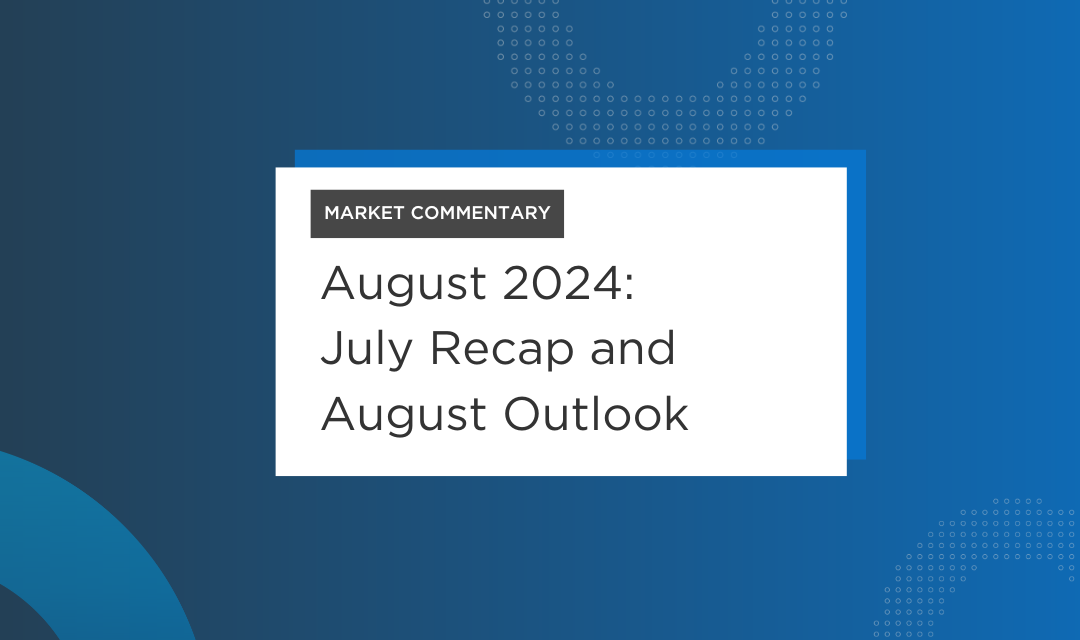No one likes to be ignored. Not back in high school, and not now by those who claim to help people understand their finances. Financial services lack balance in who they include in helpful financial conversations thus leading to two groups of people – The Chosen and The Ignored. The ‘Chosen’ category checks the right boxes (income, job status and earning potential). When you are Chosen, people are coming to you with education, conversation, and solutions. However, the industry also has a clear redline of when to classify you as Ignored based on these same criteria and, historically and systematically, for some included the race box.
If you take a general TX school district, approximately 50% of the education workforce is in the classroom and another 3-5% in administration. In the financial world, this 53-55% represents a highly sought-after market; so coveted that the remaining 45-47% of staffers are the Ignored. Your cafeteria, custodial, transportation, and support staff are often defenseless targets of predatory lenders and “well-meaning” systems, resulting in a divide in terms of financial access, security, understanding, and ultimately success. The financial services industry is tragically underserving this demographic and needs to help educate all employees, not just the Chosen, teaching methods and strategies to help heal what is quickly becoming an epidemic of financial illiteracy.
As School Business Officials you balance many needs, including most financial needs of your employees. This means making sure paychecks are received and on time, benefits have reasonable premiums and retirement plan options are properly administered. But, as a profession built on the assertion that education is the great equalizer, how does financial education fit?
There are ways to execute a thoughtful education policy in your district to truly help the Ignored, and also support those that are barely Chosen. Shockingly, 80% of the education workforce is living paycheck to paycheck and could not handle a $400 emergency, so it’s not just auxiliary staff that suffers. There are businesses offering financial education programs that can be administered in-house, by an outside party or through a combination of the two. However, administrators should be cautious when selecting which option is best for their team by ensuring the resources being contracted do not have a hidden agenda to promote unnecessary products and services. A true fiduciary financial services provider should include tools to promote financial wellness.
The most effective plan will be tailored specifically to the needs of the people it is intended to serve. Often, districts will have a current financial services provider who can add financial education to their current offerings or will be able to partner with a nonprofit organization dedicated to improving financial literacy. Ex. United Way, the local Financial Planning Association, or Foundation 99. [Foundation 99 was created by funding and resources provided by Trusted Capital Group in 2019 to support these specific issues.]
Whether Administrators choose to manage their financial education programs in-house or through a financial services provider, the end goal should be to implement a program emphasizing three core areas: Education, Conversation, and Opportunity.
Education: Teach the basics and keep it simple. Do not assume everyone is familiar with the basic concepts of debt management, credit scores, retirement plans, etc. Also, it can be virtually impossible to find a time that works well for everyone. The financial education platform should offer scheduling flexibility where each employee can decide which time works best for them.
Conversation: Let employees seek unbiased conversation about their unique situation. Employers often miss the second phase of providing educational opportunities for people to ask questions on the subjects they just learned. Fixing, or building, financial habits take a conversation. This isn’t putting a flyer up in the breakroom, but instead engaging with employees where they are.
Opportunity: Provide employees access to options not historically offered to individuals. Promote programs offering educators better interest rates for lending, student loan assistance, and expert team members who specialize in advising educators. Engage with the financial services industry on behalf of, and in support of, the Ignored.
For many, our careers can give us purpose, help us afford our lifestyles, and can help improve the overall quality of our lives. The individuals who work for school districts are the embodiment of this and are not celebrated nearly enough for the impact they have on society. However, when financial stress looms, it can be difficult to be productive at work and take pride in that impact. Just like the Chosen classroom educators and administrators, auxiliary employees play an integral role in the school system, and yet, disappointingly, most are the Ignored and left to manage the burden of their financial education on their own. At the end of the day, employees must choose to improve their own financial situation. That said, all employees, not just the chosen, should be given equal opportunity and resources for financial success. What better way to empower the ignored and break the cycle? To learn more on how you can provide financial education for your employees, please visit tcgservices.com/finpath
Disclosure:
Investment advisory services offered through TCG Advisors, an SEC registered investment advisor. Insurance Services offered through HUB International.
Although the information in this blog has been compiled from data considered to be reliable, the information is unaudited and is not independently verified.
Different types of investments and investment strategies (including the investments purchased and/or investment strategies devised by Advisor) involve varying degrees of risk, including the complete loss of principal invested, and there can be no assurance the future performance of any specific investment, investment strategy or product detailed in this report will increase in value, be profitable or equal any corresponding indicated historical performance level(s).

Chris Jamail
EVP | Chief Marketing Officer
Chris graduated from Texas A&M University in 2002 with a BBA degree in Marketing and earned the Certified Financial Planner™ designation in 2010. Prior to taking on this role at TCG, Chris gained experience in working with clients and managing investment assets beginning in 2002 as a financial advisor at TCG.
Throughout his career he has increased his focus on investment management and financial planning moving to an investment advisor role in 2004 with TCG Advisors, and then later named Chief Investment Officer. In these former roles, he operated as head of the investment committee, oversaw a team of professionals with responsibilities such as managing and monitoring investment activity, and directing the investment strategy for the firm’s clients



